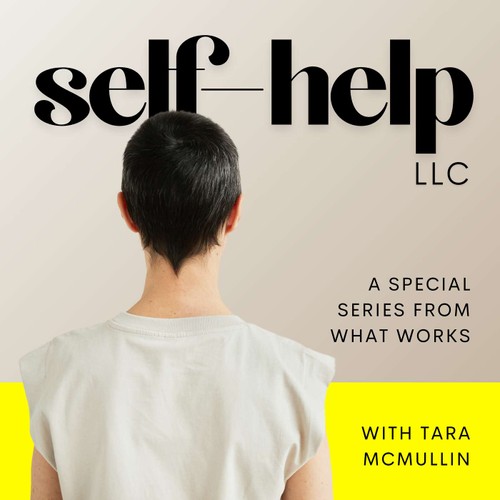
 What Works
What Works What Does Power Sound Like?
Aug 15, 2024
Discover how our voices shape our identities and perceptions of power. The conversation dives into societal pressures that compel marginalized groups to adjust their vocal expression. Embrace the idea of vocal authenticity and the emotional challenges tied to societal norms. Learn how joy and playfulness can enhance public speaking skills. With insights from a Hollywood dialect coach, the discussion encourages a broader acceptance of diverse voices in personal and professional contexts, highlighting the journey towards true self-expression.
AI Snips
Chapters
Transcript
Episode notes
Tara's Voice Discovery Journey
- Tara McMullen shared her story of being told to sing an octave higher in 4th grade and how it made her feel alienated from her natural contralto voice.
- At college, she surprised her music department by hitting higher notes than she believed possible, challenging her own vocal self-image.
Voice Shapes Identity and Power
- Voice is not only a physical tool but also deeply tied to power and identity.
- People outside the 'male, white baritone' norm often suppress their natural voices, impacting both vocal and metaphorical expression.
Samara's Vocal Nodule Story
- Samara Bae lost her voice at 24 from vocal nodules caused by speaking below her natural pitch.
- Her acting teacher blamed her with 'bad usage,' making her reevaluate how voice culture blames individuals.
